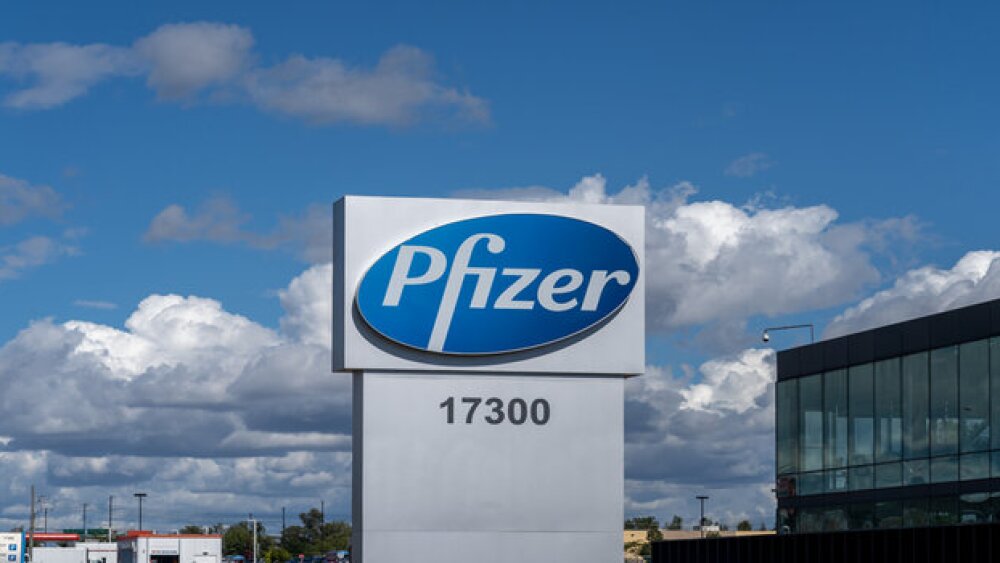Atomwise democratizes access to its advanced AI technology with 15 research collaborations underway to enable academic researchers to discover novel therapies for this pandemic and those in the future.
Atomwise democratizes access to its advanced AI technology with 15 research collaborations underway to enable academic researchers to discover novel therapies for this pandemic and those in the future.
SAN FRANCISCO--(BUSINESS WIRE)-- Atomwise, the leader in using artificial intelligence (AI) for small molecule drug discovery, announced today it has fifteen research collaborations underway with leading global universities to explore broad-spectrum therapies for COVID-19 and other coronaviruses.
Coronaviruses are RNA viruses and include the causative SARS-CoV-2 strain of the current COVID-19 global pandemic as well as MERS and SARS-CoV-1 from prior regional outbreaks. Although drug repurposing may offer a rapid response to the current outbreak, the longevity of such an approach may be limited due to the accumulation of mutations and evolution of the virus. By using predictive models and AI, Atomwise and its collaborators seek to raise the probability of success for future therapies.
Each collaborative project will develop drug candidates with demonstrable broad-spectrum capability, providing potential long-term benefit for future coronavirus outbreaks. Overall, the 15 global research efforts span a wide variety of approaches, including different mechanisms of action, a mixture of viral and human/host target proteins, and targeting conserved regions of proteins that may be recognized even in mutated strains. In addition, many proteins targeted by the academic collaborators have previously been deemed “undruggable” due to their unknown structure or involvement in complex protein-protein interactions. Taken together, the combination of novel approaches could expand the repertoire of therapeutic approaches available for a future outbreak.
Several projects are part of Atomwise’s Artificial Intelligence Molecular Screen (AIMS) program, which enables researchers to accelerate the translation of their research into treatments. In support of each collaboration, scientists at Atomwise will use AtomNet, the company’s patented AI screening technology, to predict the binding of millions or billions of small molecules to a protein of interest identified by the academic researcher as a potential target for COVID-19, narrowing down to a few hundred predicted hit molecules. Atomwise then sources and ships a subset of these predicted compounds to partnering laboratories for testing biochemical potency and selectivity, advancing the most promising compounds for further development as drug candidates.
“Atomwise’s AI screening technology is used to predict the binding of more than 10 million small molecules to a protein of interest, and far exceeds what could be accomplished through traditional laboratory screening methods,” said Dr. Stacie Calad-Thomson, vice president and head of Artificial Intelligence Molecular Screen (AIMS) Partnerships at Atomwise. “With Atomwise’s AIMS Awards program, our hope is to democratize access to AI during the early stages of preclinical drug development and enable academics to contribute to the pandemic response who might not have the opportunity otherwise.”
Research partners will include:
|
Target |
Researcher |
Institute |
|
IL-6 Signaling Pathway |
Dr. Mark Fry |
University of Manitoba |
|
Nucleocapsid (N-protein) |
Dr. Luana Fioriti and Dr. Eric Kandel |
Columbia University |
|
NSP15 |
Dr. James L. Cole |
University of Connecticut |
|
Papain-Like Protease (PLpro) |
Dr. Konstantin V. Korotkov |
University of Kentucky |
|
RdRp in NSP12 |
Dr. Jorg Stetefeld |
University of Manitoba |
|
Spike-ACE2 |
Dr. Gokhan Cildir |
University of South Australia |
|
Spike-ACE2 |
Dr. Alexander Freiberg |
University of Texas Medical Branch (UTMB) Health |
|
Spike (heptad region) |
Dr. Abdullah Algaissi |
Jazan University, Saudi Arabia |
|
Undisclosed |
Dr. Hari Arthanari |
Dana-Farber Cancer Institute |
|
Undisclosed |
Dr. Yogesh Gupta |
University of Texas Health Science Center at San Antonio |
|
Undisclosed |
Dr. Mel Fernand Bedi, Dr. Tim Mueser, and Dr. Amanda Bryant-Friedrich |
University of Toledo |
Atomwise and its partners will continue to focus research efforts on broad-spectrum approaches for COVID-19 and other coronaviruses so that drug discovery solutions are applicable for this pandemic, as well as for mutations, recurrences, or other coronavirus strains that may take place in the future.
Researchers interested in applying for the AIMS Awards program or pursuing industry partnerships with Atomwise are encouraged to contact academics@atomwise.com or partner@atomwise.com for more information.
About Atomwise
Atomwise Inc. invented the first deep learning AI technology for structure-based small molecule drug discovery. Created in 2012, today Atomwise performs hundreds of projects per year in partnership with some of the world’s largest pharmaceutical and agrochemical companies, as well as more than 200 universities and hospitals in 40 countries. Atomwise has raised over $50 million from leading venture capital firms to support the development and application of its AI technology. Learn more at atomwise.com or follow @AtomwiseInc.
View source version on businesswire.com: https://www.businesswire.com/news/home/20200521005238/en/
Sara Agee Le
media@atomwise.com
Source: Atomwise Inc.
View this news release online at:
http://www.businesswire.com/news/home/20200521005238/en






